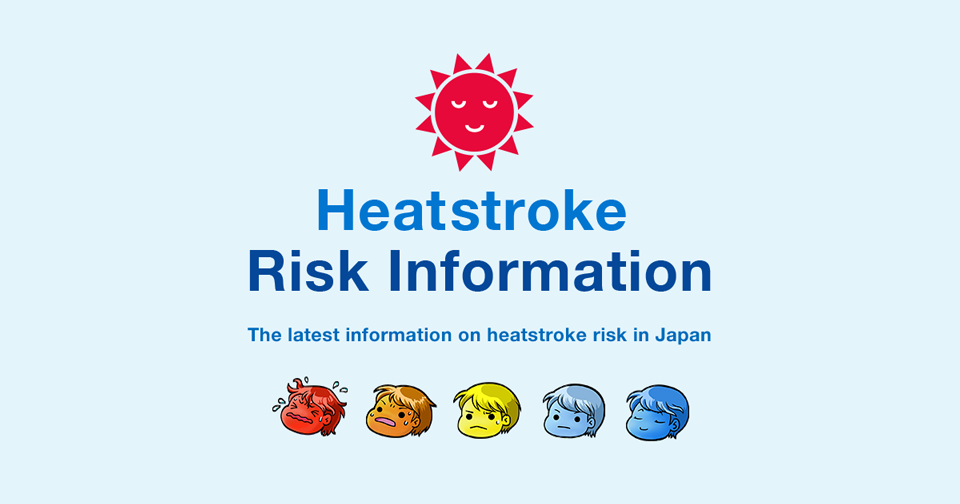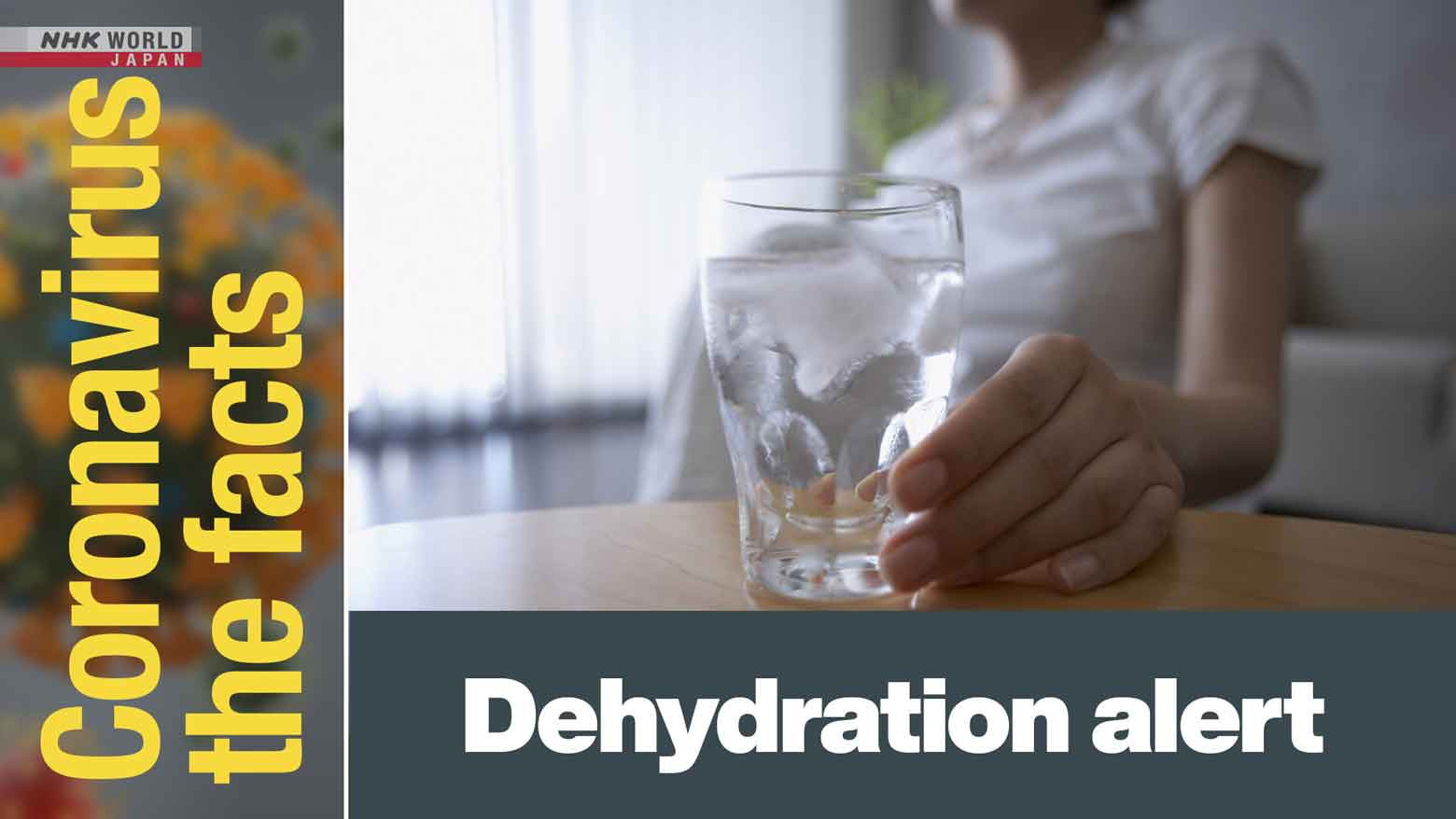This article is part of a series on important coronavirus-related information. Click here to read other installments: #Coronavirus the facts. Find the latest information on everything COVID-19.
Early stages of dehydration
As Japan endures record temperatures, experts are urging people to stay hydrated in order to avoid heatstroke, and they warn that it can be easy to overlook the early signs of dehydration.
Heatstroke expert Hattori Masuji, a guest professor at Hyogo College of Medicine, explains that adult bodies are usually composed of about 60 percent water. For people aged 65 or older that figure sits lower at 50-55 percent.
He warns that even as the amount of water decreases, the body doesn't show clear dehydration symptoms. People sometimes don't recognize the signs until heatstroke has taken hold.
Older people need extra attention
He says older people need to pay extra attention to hydration as they have a lower percentage of water to start with and are less likely to feel thirsty.
Extra risks caused by pandemic
Hattori says many people have been exercising less amid the pandemic, and may have weakened the muscles that play a role in retaining fluid. He also says wearing a mask makes people less likely to recognize thirst.

*Related article: Masks off when the heat is on in Japan (June 30, 2022)
Pinch the skin on the back of your hand
To detect dehydration, Hattori advises people to pinch the skin on the back of a hand and then let go. The skin should quickly return to normal. If it takes time, fluids may be low.
Water, food and exercise
Hattori recommends the following during hot weather:
- Drink a cup of water every hour, even if you are not thirsty
- Eat three meals a day, as food is also a source of fluids
- Exercise regularly to retain muscle mass, during the cooler part of the day or in an air conditioned environment
"Please keep up frequent water intake and be careful about letting the early stages of dehydration go unnoticed. It can lead to heatstroke," says Hattori.

Click here to check the heatstroke risk level by region on our website.
This article was published on July 6, 2022.
